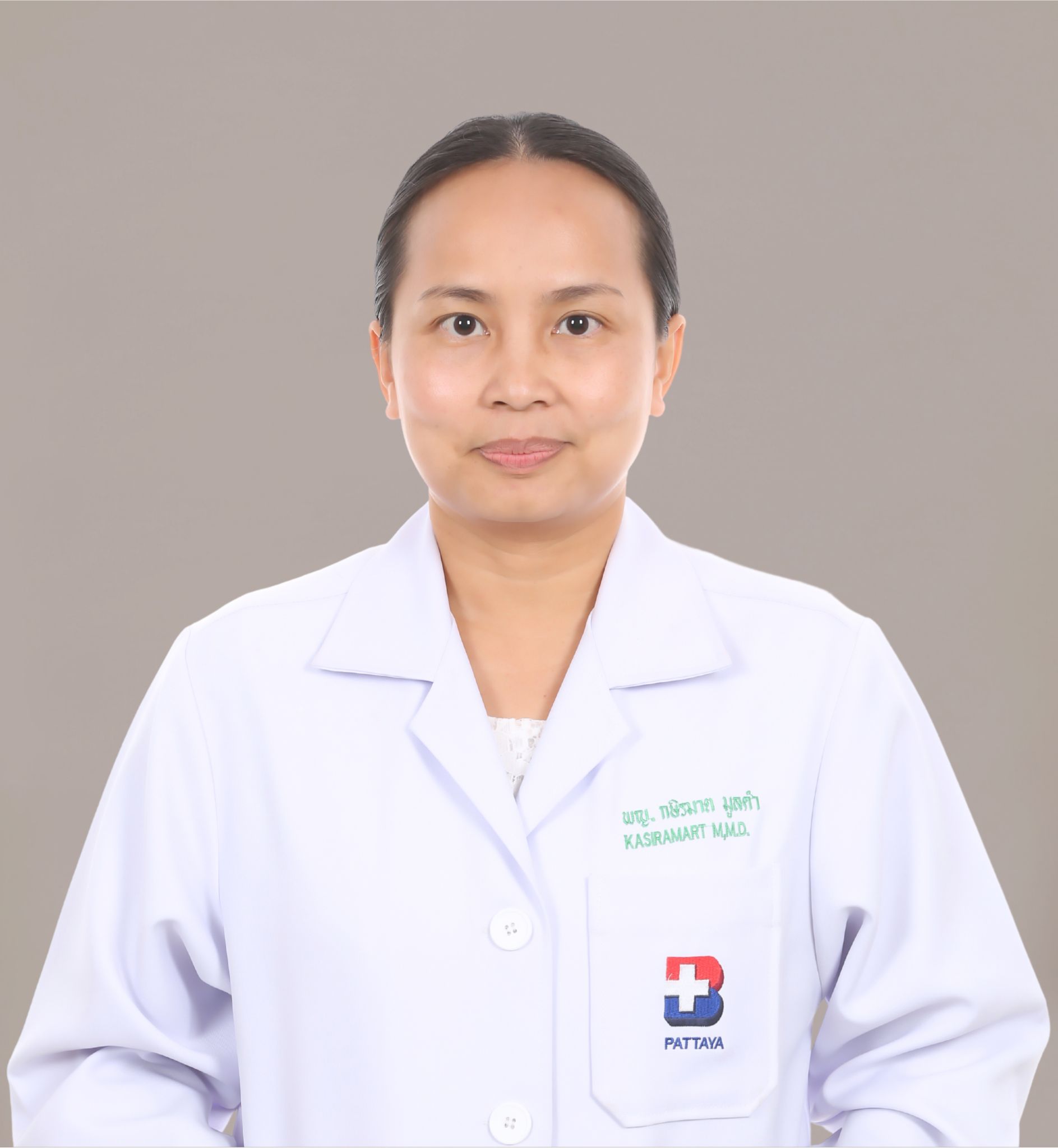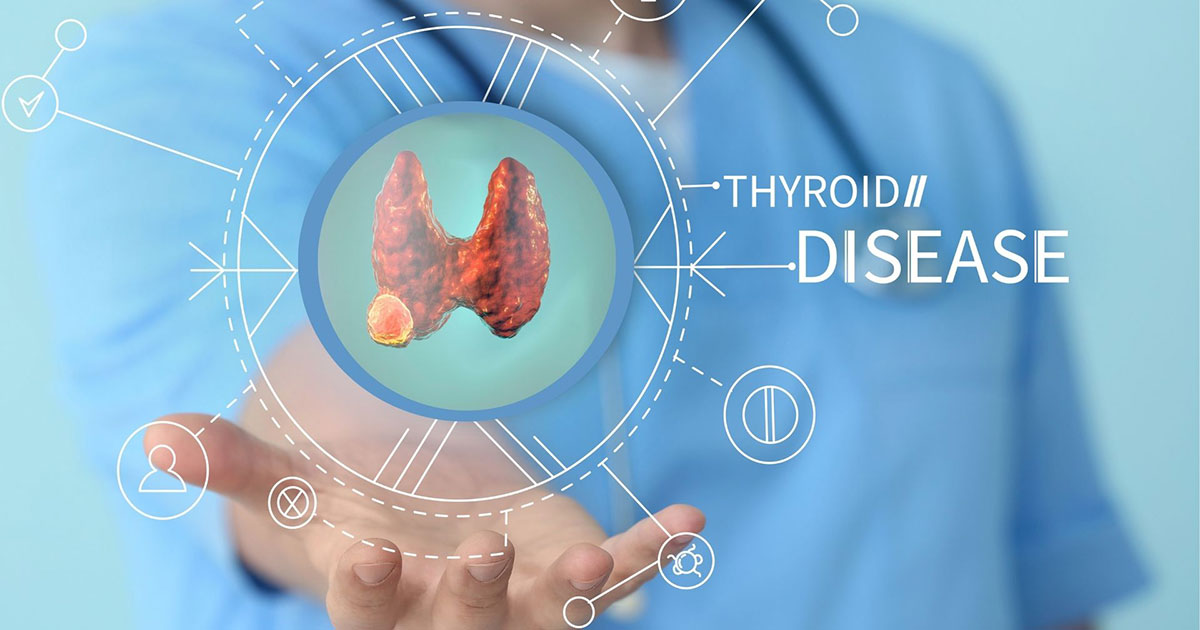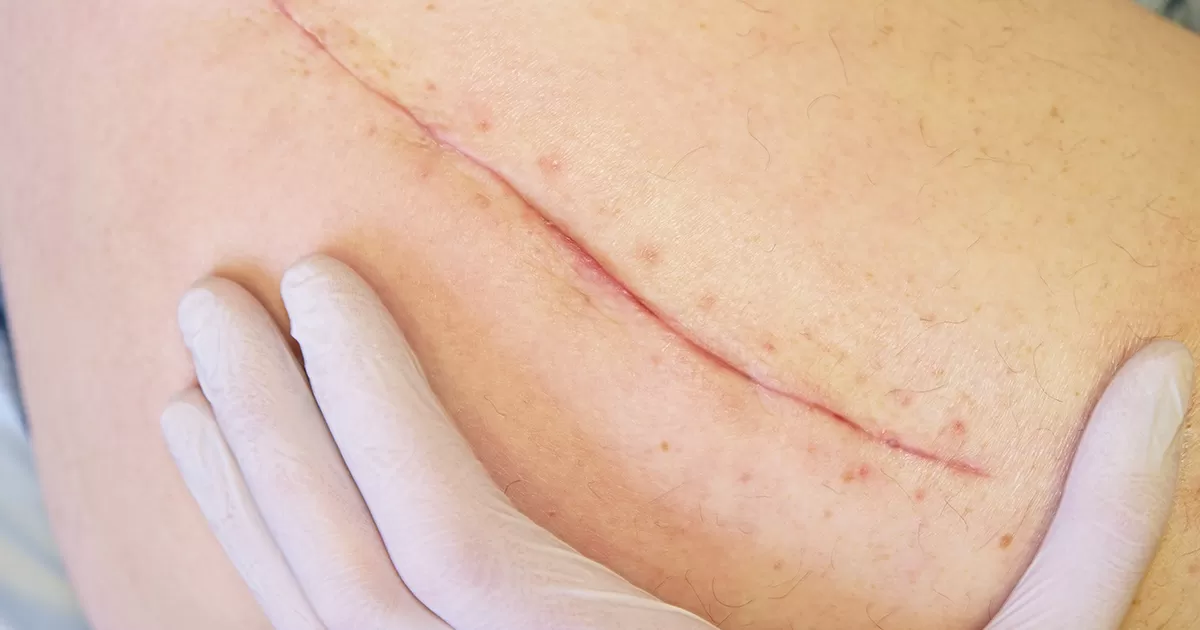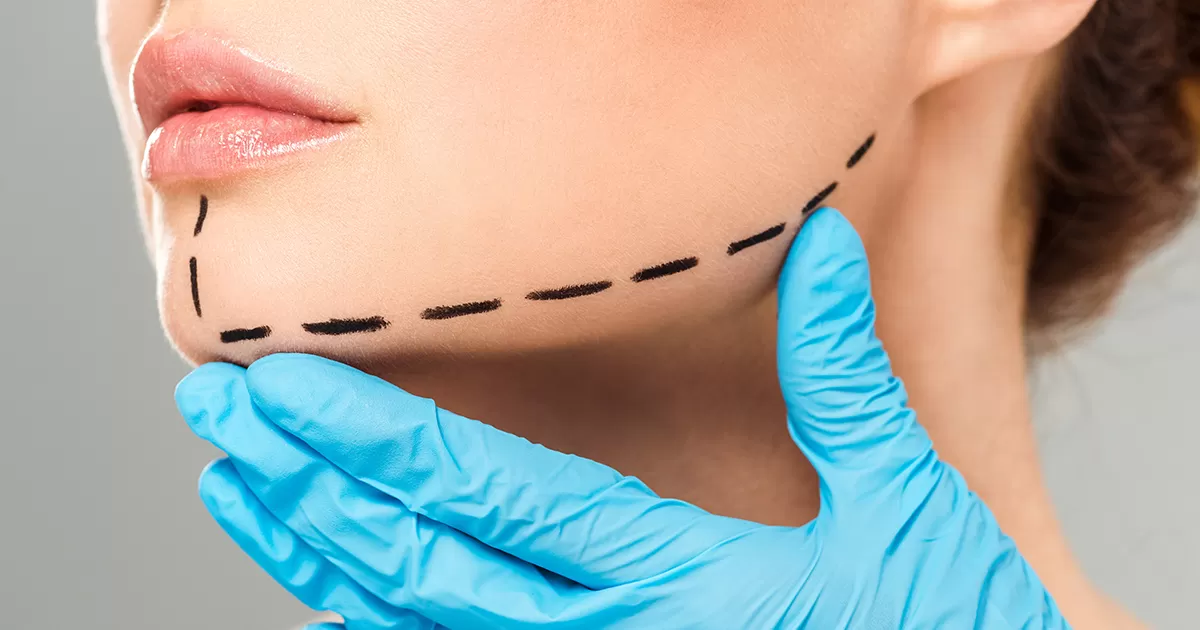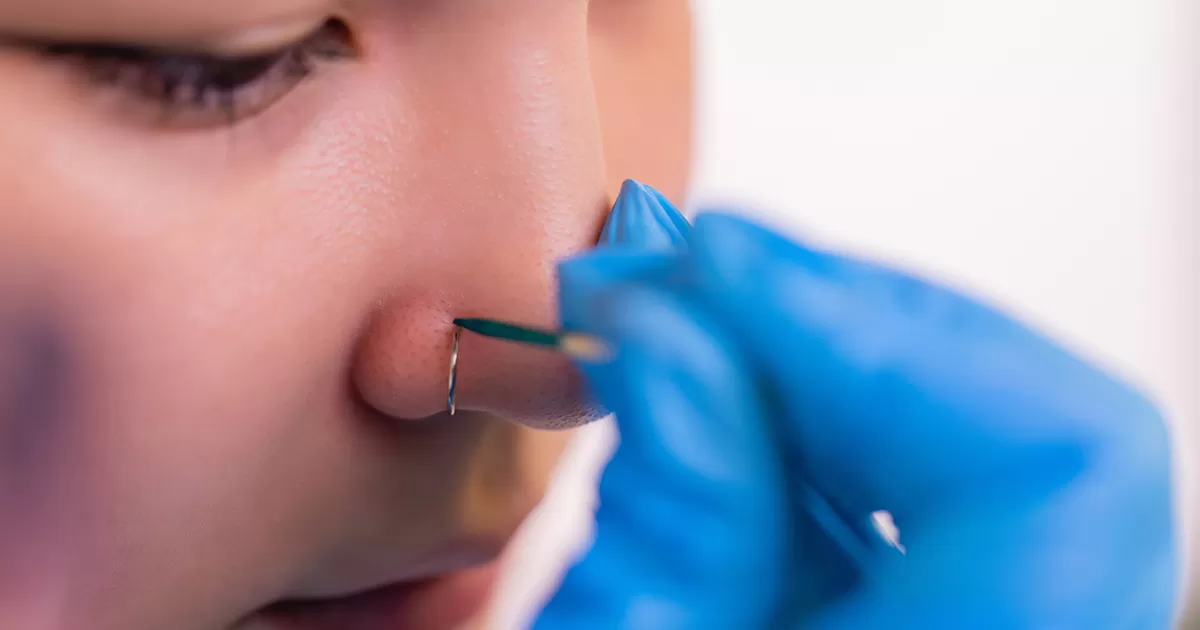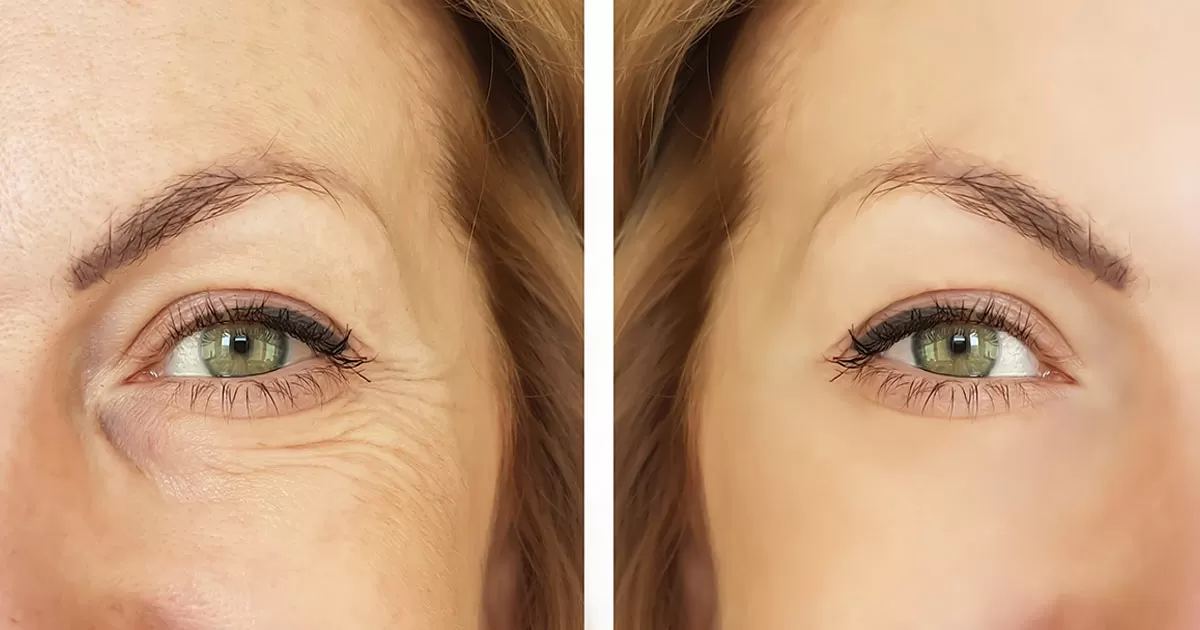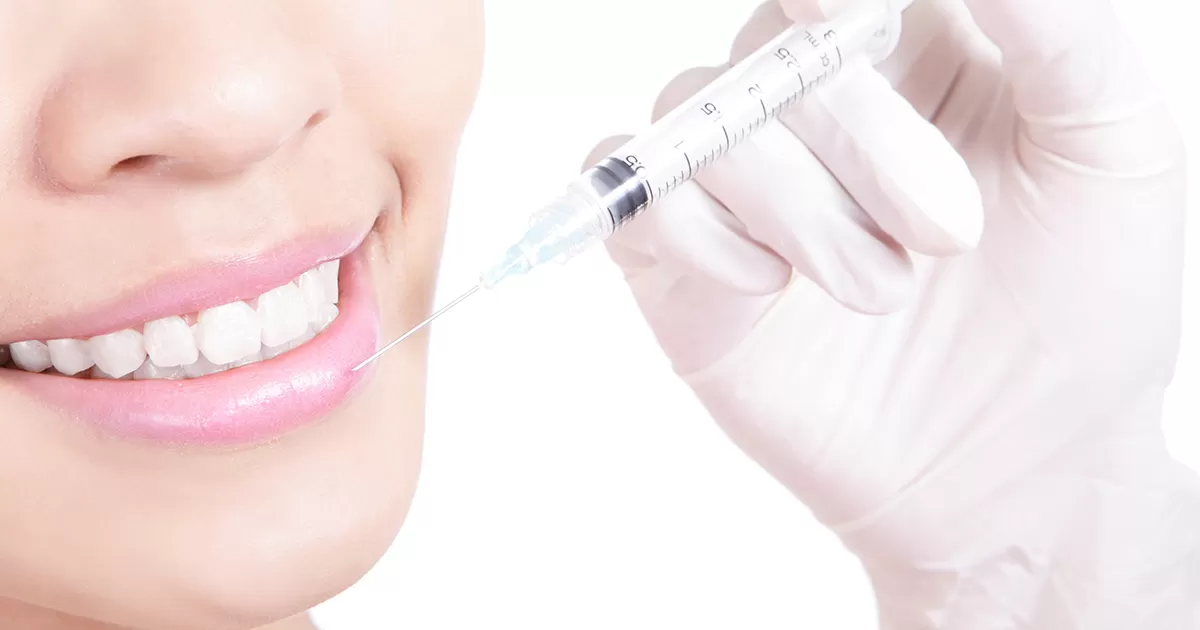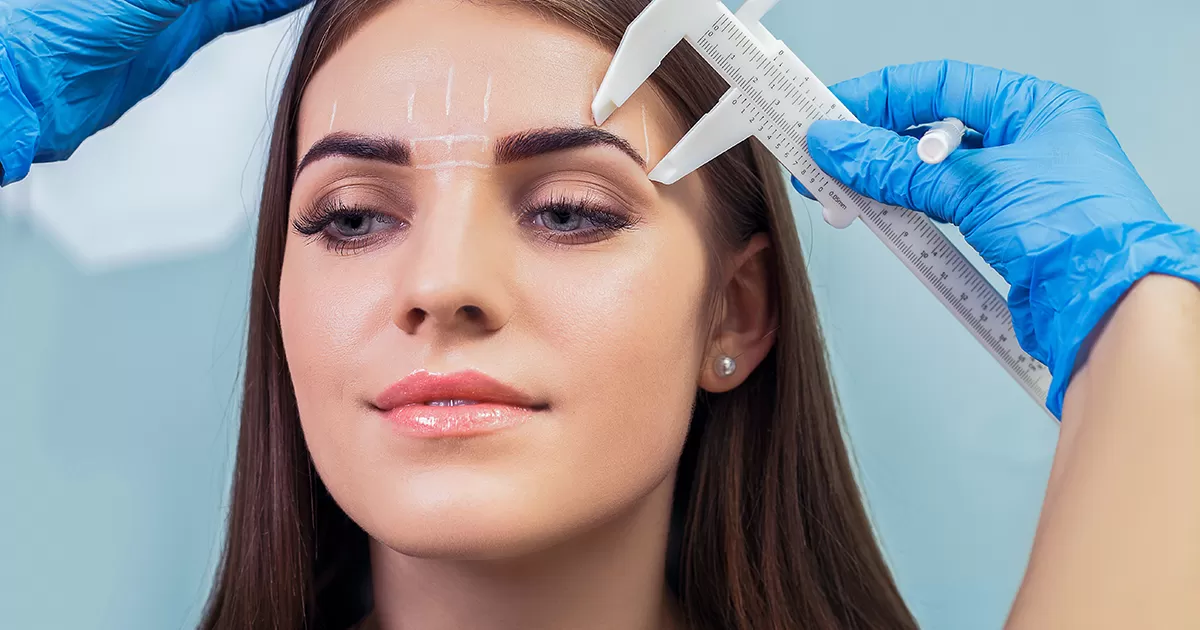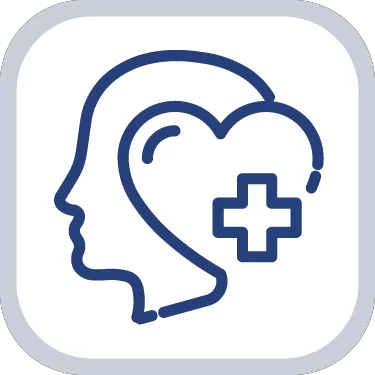
Mental Health Center
Home > Services > Centers & Clinics > Mental Health

Psychiatry is that branch of medical science that focuses on diagnosis, treatment, prevention and study of disorders of the human mind or mental health problems using appropriate treatment such as, pharmaceutical therapy, mental therapy and counseling therapy or electrical therapy and OPD treatment depending on individual diagnosis and symptoms.
Children and Adolescent
- Concentration and memory problems, impaired intelligence state
- Eating disorders
- Mental health disorders
- Children’s aptitude and learning pattern
- Children’s development and behavior/ autism
Elderly
- Counseling therapy for memory problem
- Insomnia and sleeping disorders
- Depression
- Anxiety
Individual and family
- Stress and anxiety problem
- Depression and bipolar disorders
- Mind disorders
- Obsessive-compulsive disorders
- Physical disease which may result from mental health issues
- Insomnia
- Headache without any obvious causes
- Adaptation and personality problem
- Drug addiction
- Family problem
- Behavior problem, sexual problem
- Erectile dysfunction not caused by physical disorders
Specialized clinic provides a counseling and assessment for the following;
- Intelligence, thinking process, memory and learning pattern
- Emotional Intelligence evaluation, personal ability of psychology
- Personality and emotional intelligence test
- Psychological, mental health and basic personality test
- Personality and development pattern for increasing potential in work place
Diseases
& Treatments
Treatment of thyroid nodule by surgery
Hair removal
Scar Revision
Cheek Bone Augmentation
Bat Ear Correction
Chin Correction (Cosmetic Chin Surgery)
Alarplasty
Wrinkle Correction
Lip Augmentation
Browlift
Testimonials
This is the heading
Thai surgeon uses arthroscope instead of radical surgery. A patient describes his experiences and outcome.
Sleeve Gastrectomy
Laparoscopic sleeve gastric bypass is a surgical procedure to reduce the size of the stomach. Help limit the amount of food eaten. This will allow patients to lose weight successfully.
Related Doctors

